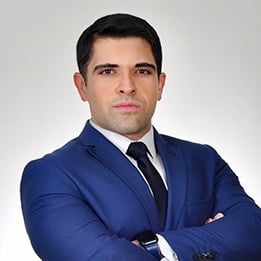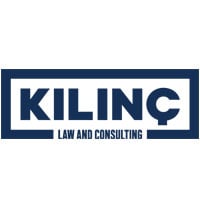

Legal coordinator, corporate legal counsel of EMEA region | BrandMonitor



Burak Ballı
Legal coordinator, corporate legal counsel of EMEA region | BrandMonitor
Team size: 26
What has been the number one challenge that has impacted you over the past year?
I think political instability in the countries that we have operations is the one of the most negatively impacting factors, since it is very difficult to have contracts with clients where you cannot see the predictable future. The political instability of the countries also has consequences such as changing the laws applied in these countries. For this reason, agreements with clients can suddenly become invalid. Due to the populist approaches of the administrations, doing business on an international scale requires constant vigilance. The outbreak of an unexpected war may disrupt cooperation with countries far from the war zone.
In your opinion, what areas should in-house lawyers focus on over the next few years to prove value to their organisations in Türkiye?
Technological competence is imperative for all lawyers, but it is an especially valuable skill for in-house lawyers, who must continuously find new ways to make their work more efficient. In-house counsel should keep tabs on the latest technological tools and consider ways they could streamline workflows and improve outcomes for their client. In-house lawyers who want to add value to the company they work for in Türkiye should focus on following the technological transformation very closely and not miss the developments. Adopting legal technology requires a balancing act: innovative solutions are just one aspect in securing and shaping the future of your organisation’s legal department. Harnessing the talent of your organisation’s people is just as crucial. Automation and other new technologies may supplement and even replace human effort, but they do not replace human talent.
As work becomes more digital, in-house counsel should expect their practice to combine technology and business with the law. The legal function is now not only supposed to deliver advice designed to protect the enterprise but also to find new ways to generate value for the business. This requires lawyers to develop new skill sets as the business evolves. Unfortunately, “constant learning and improvement,” while a mainstay of other industries, is “presently considered outside the core knowledge of the law.” But it does not have to be. In-house counsel must be willing and able to learn from their experiences and apply those lessons to new challenges. As legal work becomes more complex and technologically demanding, in-house counsel should welcome opportunities to learn rather than shy away from them. Though it may not be easy for lawyers to move out of their comfort zone, one way to become more agile is to consider unfamiliar tasks a positive challenge, self-reflect on any mistakes they make, and course-correct thoughtfully to prepare for the next learning opportunity.
To prove value to their organisations in Türkiye, in-house counsel should build new skills now to prepare for the future. The future may be uncertain, but one thing is clear: the practice of law is not getting any easier. It is critical that in-house lawyers start developing the essential skills – technological competence, creativity, and learning agility—that will prepare them to practice law in a constantly evolving environment. As technology continues to digitise the practice of law, in-house counsel must take steps to not only stay apprised of the latest and greatest tools but also determine how to apply them strategically and cost-effectively to their business.
General counsel | Metag Holding